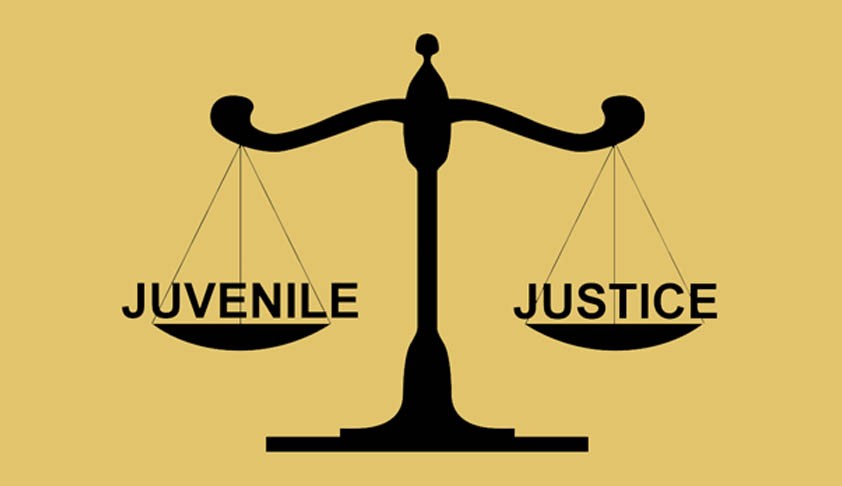Celebrating Safely: North Carolina’s Operation Firecracker
Thursday, June 27th, 2024
Operation Firecracker is aimed at promoting safety during the Fourth of July festivities, underscores the state’s commitment to ensuring that celebrations are both enjoyable and secure for everyone involved.
Operation Firecracker isn’t just a catchy name— it’s a comprehensive safety campaign launched annually by the North Carolina Governor’s Highway Safety Program (GHSP). Its primary goal is to reduce traffic accidents and fatalities during the busy Fourth of July travel period, often associated with increased alcohol consumption and the use of fireworks.
Since its inception, Operation Firecracker has employed various strategies to achieve its objectives, including heightened law enforcement presence, public awareness campaigns, and community engagement initiatives. These efforts are crucial in reminding residents and visitors alike to prioritize safety while celebrating.
During Operation Firecracker, law enforcement agencies across the state increase their presence on highways and local roads. This not only deters reckless behavior but also ensures swift responses to any emergencies.
Through targeted educational campaigns, the GHSP educates the public on the dangers of impaired driving and the illegal use of fireworks. Messages emphasize responsible behavior and the importance of designated drivers.
Local events and partnerships with community organizations play a pivotal role in spreading safety messages. These events often include demonstrations on safe fireworks handling and interactive activities for families.
Utilizing data from previous years, Operation Firecracker identifies high-risk areas and times, allowing for strategic deployment of resources where they are most needed.
Over the years, Operation Firecracker has demonstrated measurable success in improving holiday safety. By combining enforcement with education and community involvement, North Carolina has seen a reduction in traffic fatalities and injuries during the Fourth of July period.
As we prepare to celebrate Independence Day, it’s essential to remember the principles of Operation Firecracker. Whether you’re enjoying a backyard barbecue, watching fireworks displays, or traveling to visit loved ones, make safety a priority. Plan ahead, designate a sober driver if alcohol will be involved, and follow local regulations regarding fireworks.
By adhering to these guidelines, we not only protect ourselves and our families but also contribute to a safer community for everyone. Let’s ensure that this Fourth of July is remembered for joyous festivities rather than preventable accidents.
This year’s Operation Firecracker Booze it & Lose campaign began Monday, June 24, and continues through Sunday, July 7.
Collins law firm always advocates against drunk driving. If you consume alcohol, we encourage you to have a designated driver or to take a taxi or shared ride home. However, if you are charged with a DWI/DUI, underage drinking, or any other crime in or around Wilmington, NC in New Hanover County, Brunswick County (Bolivia, NC), or Pender County (Burgaw, NC) and need a lawyer or attorney to represent you, call Collins Law Firm at 910-793-9000 for a confidential consultation.



